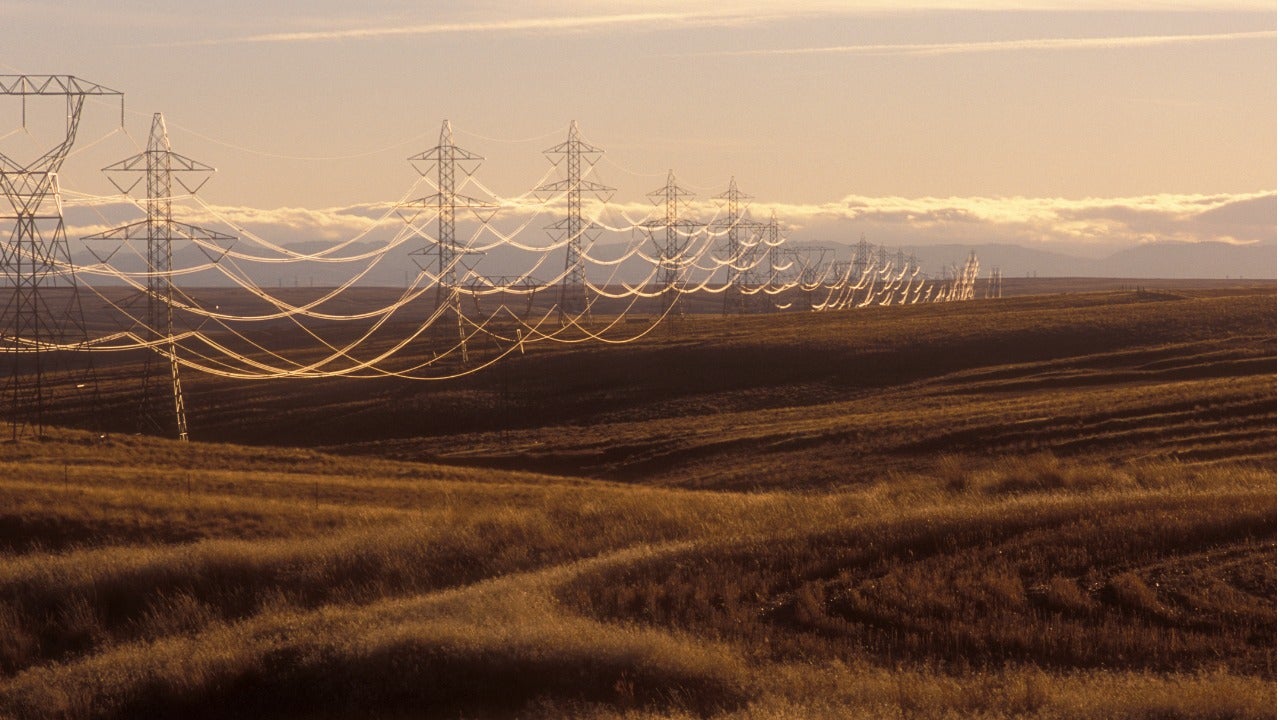The current political realities within the United States have created uncertainty in the traditional diplomatic world. The US’ official approach to diplomacy no longer includes traditional diplomatic statements, negotiations, and agreements. These changes in foreign policy present uncharted territory for the conventional ‘Track I’ dialogue between states.
When global issues are too contentious or politically charged for governments to navigate successfully, informal or ‘Track II’ diplomacy can help maintain and strengthen lanes of communication on issues critical to the bilateral relationship and international community. Climate action and economic development, and the tension between them, are often difficult topics to discuss. Each government wants to be perceived as securing the greatest benefits while giving up the fewest losses for its citizens. Policy may also change from administration to administration, creating a lack of continuity and understanding between the traditional Track I participants. Track II diplomacy is by no means a substitute for Track I, but rather a complimentary platform based on the idea that thought leaders, outside of official government meetings, can advance strategic national interests, and find common ground in ways that their governments cannot.
India, the most populous democracy in the world, has long been a strategic partner with the US on trade and security. China, the second largest economy in the world, is the biggest trading partner to the US and remains a strong, yet complex partner in terms of diplomacy, security, and trade. However, the unpredictability of policy and political cycles in all three countries poses great challenges to the long-term continuity of US bilateral cooperation with India and China. Trade, energy issues, the Paris Agreement, and action to address climate change face particular barriers to success, and recent political realities in the three nations have tested the strength of these relationships even further. In times when conventional diplomacy seems stymied by domestic and international politics, informal Track II discussions can be a steadying voice in the conversation.
The Aspen Institute Energy and Environment Program hosts two important Track II dialogues, one each with India and China. The India-US Track II Dialogue on Energy and Climate Change was born in 2010 out of signals from Indian Prime Ministers Singh and US President Obama that action on climate change and clean energy were a national priority and critical to minimizing the impacts of a global crisis. The statements called for bold action and leadership from both countries. The dialogue created an opportunity for diplomacy without official diplomats, but rather empowered citizens from both constituencies to engage critically on tough issues. Through informal meetings between civil society and business leaders, this dialogue continues to compliment bilateral efforts between India and the US for mutual short and long-term benefit.
The China-US High-Level Dialogue on Energy and Climate Change began in 2015 to maintain the momentum in China-US climate and energy cooperation following the unveiling of new climate action pledges by both countries at the November 2014 US-China Joint Announcement on Climate Change and Clean Energy Cooperation. The fundamental hope was for the dialogue to provide a supportive basis to ensure continuity during times of transition, reinforce formal Track I collaboration, and situate the climate and energy conversation in the broader context of economic growth, trade, and technological trends. Today, the China-US dialogue provides a prime opportunity for the US delegation to brief Chinese participants on non-federal and private sector challenges and opportunities – from clean energy to carbon markets and climate policy – to help focus and enhance cooperation on these issues. For the Chinese, the dialogue provides an informal forum to candidly discuss signals coming out of their government on the future of domestic climate action and international cooperation.
While both the India-US and China-US Track II dialogues are small in size (about 10 experts from each), they have an important impact. The US participants provide critical insight for Indian and Chinese participants on the political realities in the US, and vice versa. Understanding cultural contexts remains key to achieving progress on national and international issues and finding common ground where government representatives cannot. In a time of complex political partnerships, Track II dialogues provide a necessary platform for non-partisan, independent, and open discussion with participants from the national, sub-national and private-sector level. By bringing thought leaders from the US, China, and India together, the Aspen Institute Track II dialogues empower experts to leverage cultural strengths and lead on behalf of their country to foster mutual understanding on divisive issues. As relations between nations are continually tested by global challenges, Track II diplomacy will play an even more important role as a conduit for international collaboration and security.

